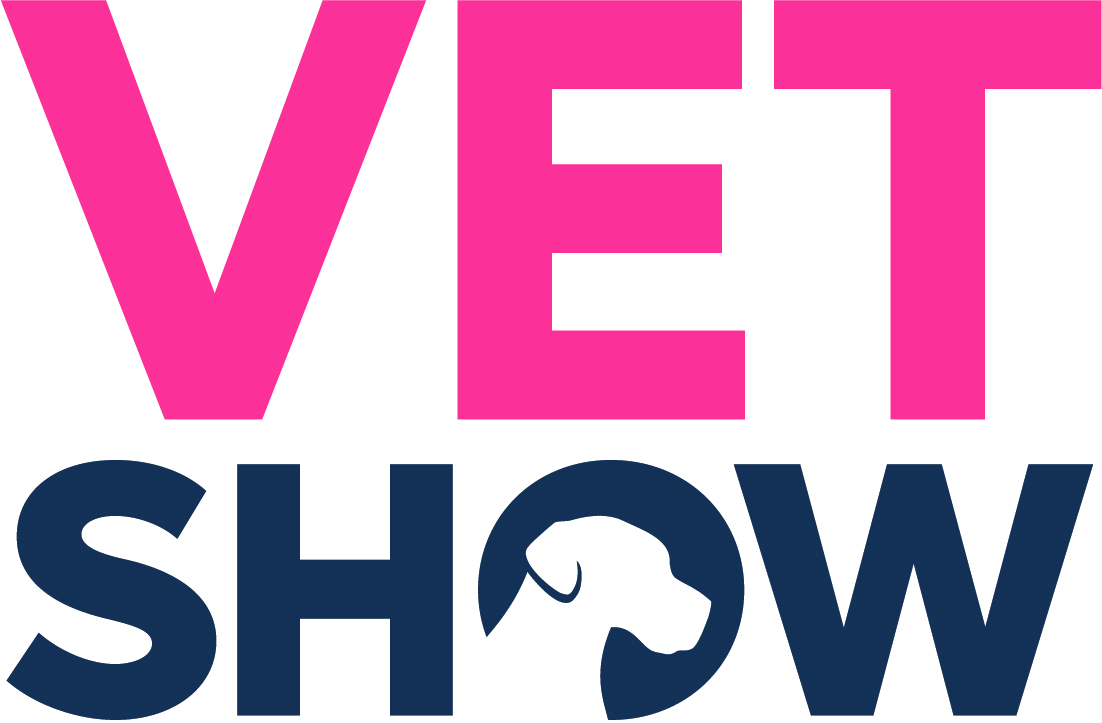What We Can Learn About the Future Veterinarians of the World
)
Being a veterinary student is hard; but President Elwin van Oldenborgh of the International Veterinary Students' Association (IVSA) has a mission to bridge the gaps in international communication, student wellness, and client communication for all veterinary students.'
Whether you're a current veterinary student, recent grad, or want to learn from today's students, this Q&A will help you understand the direction the global veterinary community is heading and learn more about the future veterinarians of the world.'
Don't forget to add your advice and what you've learned as a veterinary student at the end of this blog!
Q - Tell us about yourself! How did you get involved with IVSA? What was your journey of becoming the President like?
A - I actually kind of accidentally stumbled upon IVSA, as it's not a super well-known organization in the Netherlands where I study. I saw a post online advertising an IVSA conference in Austria and it looked interesting, so I applied. When I got there I was instantly hooked, as I found out there's so much more to veterinary medicine than what we're taught in vet school. Also, the atmosphere of all these like-minded students really makes it feel like a family and made me want to be involved more. The year after, I got onto the Standing Committee on Wellness, which I also chaired the year after before running for President.
Q - What does it take to become an IVSA member? What sort of opportunities do students have when they become a member?
A - You can check the website to see if there is already an IVSA Member Organization (MO) established in your school. If there is one in your vet school, you can apply to them to become a member. If there's none in your school, you can look at establishing one yourself, for which you only need 3 people to start!
As an IVSA member, you will have the ability to organize exchanges with other IVSA MO's, partake in international IVSA events such as a congress or symposium, where 100-250 veterinary students from all over the world come together to share knowledge with each other and discuss the future of the profession. IVSA also has partnerships with various organizations for opportunities such as scholarships, travel grants, volunteering spots at big events, and more!
Q - What are your goals for the IVSA?
A - My goals for this term were mainly to get more opportunities for our members and improve communication with our members. We started the process of regionalizing IVSA this term, which helped with communication between the global and local levels. We have also worked with multiple organizations (like the organizers of London Vet Show) to get more opportunities for our members, mainly in the form of volunteering at large veterinary events, which gives members access to world-class events without having to pay a registration fee. We are also currently trying to get students from countries with less financial means to attend our events, to both let them experience what veterinary medicine looks like abroad and also to get their valuable input into the profession as a whole.
Overall, the larger goal is to expand IVSA to a point where every veterinary student worldwide can, if they want, benefit from everything that the world of international veterinary medicine has to offer them--which will benefit everyone, as I believe that sharing knowledge is the best way to advance as the veterinary field (and as a society in general).
Q - What are some challenges veterinary students face these days?
A - Students right now live in a rapidly changing world, to which they constantly need to adapt. Right now, we are living in a world of fast digitalization and, consequently, clients that like to google what is wrong with their pet. Animal welfare is also a subject that sometimes veterinary students feel they care more about than others, which can give ethical dilemmas. I personally feel that as veterinary professionals, we should be able to form and voice our opinion, especially since veterinarians have a lot of knowledge on different subjects, and that this should be a skill that is taught in veterinary school. Naturally, these different subjects are the concept of One Health, which means collaborating with people from other specializations. Overall, the responsibilities of veterinarians and the knowledge that is expected from veterinarians have grown over time I feel, and this is something that can bother students.
Q - What are some things you have seen in terms of student wellness during your time as President, and how do you think we (the veterinary community) can help foster better wellness for veterinary professionals?
A - A lot of students are struggling with keeping a balance between their professional lives and their personal lives, given veterinary medicine as a whole is a very demanding profession both time-wise and how much you need to invest mentally. Burnout percentages are amongst the highest of any profession, which is a worrying statistic. I do see that there is a shift in mentality happening at least in students, where a lot of them do care about their mental health. I'm currently also in the process of researching the mental health of veterinary students worldwide and hope to publish the results later this year. I think the most important thing to face the challenge of mental wellbeing is to get rid of the stigma surrounding mental health. When problems are acknowledged and help is sought when needed, this will already make a huge difference.
Q - What do you see for the future generation of the global veterinary community?'
A - I think the veterinary community will be more globalized in the future, with easier access for communication online. This will give great opportunities for knowledge exchange. For example, I already heard of someone who called a friend all the way across the world for some advice, which the client interpreted as 'consulting a world leader in that specialty' (which in a way was true). I think more and more emphasis will be put on the One Health aspect of things as well, especially now with a global outbreak of a disease of zoonotic origin; with such a big impact, veterinarians in the public health sector will be more important than ever!
Q - What benefit do students get from attending trade shows and conferences?
A - Besides, of course, getting access to top tier education, I think the most important part of attending a conference for a student is networking. It's something veterinary students might not always think about while they are studying, but it can help out a lot both in figuring out in what field you later want to work and also in getting possible internship opportunities/meeting future employers even. As IVSA President, I've had the privilege of being able to attend a lot of large events before the COVID-19 outbreak, and the connections I built there are one of the most valuable things I personally got out of this year.
Have some words of wisdom for veterinary students and recent grads? Share your own advice below:
'
'

